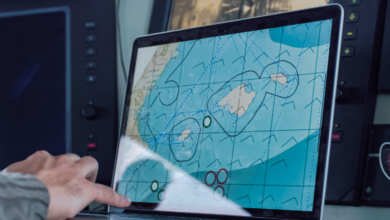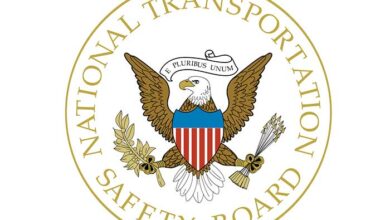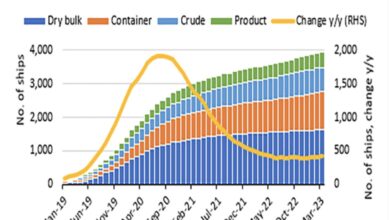
 New study warns of extreme mental health risks to seafarers
New study warns of extreme mental health risks to seafarers
A wide-ranging study carried out by Yale University and commissioned by the Seafarers Trust has identified dangerously high levels of mental stress among seafarers – but also recommended how they can be reduced.
After questioning seafarers across the world the researchers found that within the previous two weeks 25 percent of them had suffered depression and 17 percent had experienced anxiety. Shockingly, 20 percent of all those asked had contemplated suicide or self-harm on several or all those days
For the first time the study also identified a link between depression, anxiety and suicidal thoughts and a likely increase in injury and illness. The factors associated with these mental states included violence and bullying, lack of job satisfaction, and not feeling valued.
Dave Heindel, Chair of the Seafarers’ Trust, commented: “The more we talk about mental health, the more we reduce the stigma associated with it. This report really helps us to understand the contributing factors and provides a basis for demanding some fundamental changes in the way the shipping industry operates.
“This morning the report’s lead author personally briefed the ITF Seafarers’ Committee on the findings of this far-reaching and important study. It was a sobering occasion; the gravity of his team’s discoveries is evident. They should be taken as a call to action by everyone in the shipping industry. For our part, the ITF and the
representatives of its worldwide maritime union affiliates gathered here today have pledged to share these findings as widely as possible in order to draw attention to this until now hidden problem – as well as to use them to lobby the industry for system changes to the working environment onboard ships.”
The study suggests potential ways that maritime training institutes, companies, employers, P&I clubs and trade unions can address the problems:
- Enhance support for cadets, ensure proper training and make improvements to complaints procedures
- De-stigmatise mental health within company culture
- Recognise and address the need for interventions to address workplace violence, including by: defining and measuring violence in the seafaring workplace; involving key stakeholders to identify sources and strategies to reduce workplace violence; and by supporting research in intervention evaluation, with dissemination of results to governing bodies, registries, unions, and shipping companies.
The full ITF Seafarers’ Trust & Yale University Seafarer Mental Health Study can be downloaded at www.seafarerstrust.org/seafarer-mental-health-study-2019/













